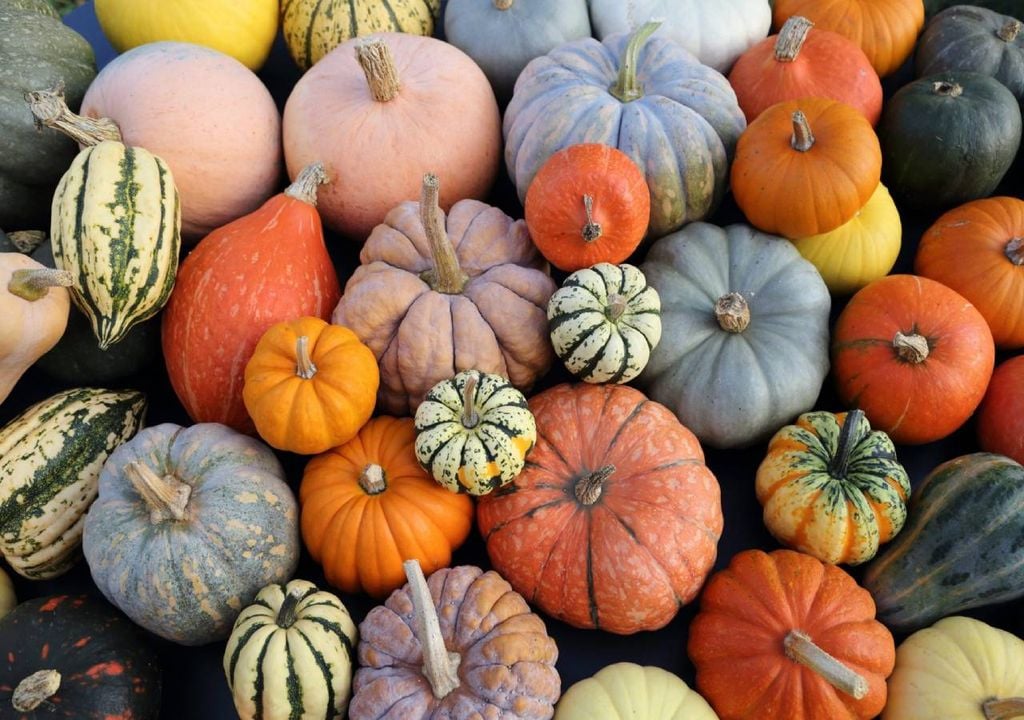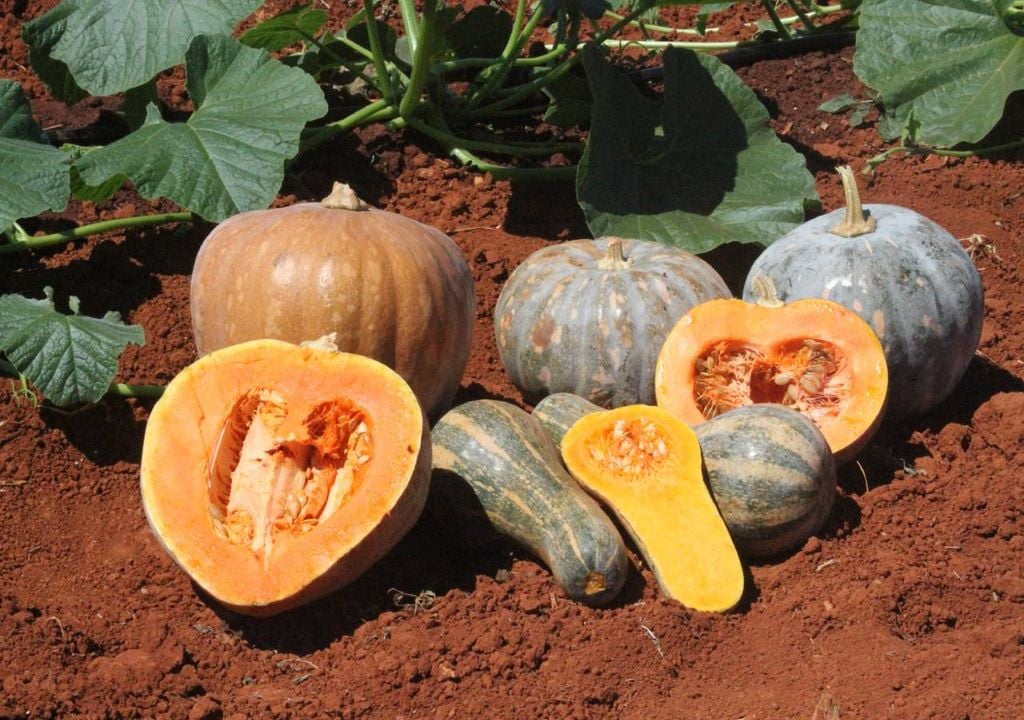
we Now it's the middle of autumnOne of the most beautiful seasons of the year because Color changes, orange and brown coloursThe first rays of winter sun. But this new season of the year also reminds us Pumpkin!
In different shapes and sizes, they are It is a seasonal vegetable That cannot be lost.
How can we consume pumpkin?
In our country, in addition Desserts using pumpkinfrom pumpkin pie from Madeira to pumpkin quejadinhas from Terrace os Montes, Pumpkin is found in many soups, stews, purees, and other preparations of Portuguese cuisine.
Moreover, even Pumpkin seeds, dried with a little salt, make an interesting appetizerwith great richness in protein, essential fatty acids, and minerals such as zinc.
included, Pumpkin flowers are also edibleIt can be used in salads or even fried.
What are its health benefits?
As mentioned, they are delicious and nutritious, as with all foods You should consume it in moderation.
Pumpkin has High percentage of fiber Which helps maintain ideal weight, It facilitates digestion and can relieve diarrhea and constipationIt can moisturize quickly because High percentage of waterBut too much of it can have adverse effects. There too High content of vitamin A, beta-carotene, iron and potassium.
| The main benefits of pumpkin |
|---|
| Contains excellent doses of Vitamin A; |
| Helps regulate blood pressure; |
| It helps regulate the satiety process due to the nutrients it contains. |
| Promotes a good night's sleep due to serotonin. |
| As it is a good antioxidant, it works to combat skin aging. |
| Source: Nutrition expert Carla Leal, TuaSaude.com |
Pumpkin It also contains many biologically active compounds Such as sugars, sterols, proteins and peptides, with a special focus on carotenoids. Recognized for its antioxidant and cell-protecting capabilities.
A health-promoting food that should be on the table all year round, not just this fall.
Everything you need to know to grow pumpkin
Cultivation of pumpkins in home gardens is considered A rewarding and relatively simple activityas long as some basic guidelines are followed.
Pumpkin Versatile plants that adapt well to the Portuguese climate and soiloffering an abundant and varied harvest.
Before you start your farming, It is important to pay attention to the type of soilbecause this One of the most important factors for success when growing pumpkins.
These legumes Prefer well-drained soil to avoid waterlogging of the rootsSuch as sandy loam or clay loam soil provides good drainage and retains adequate moisture.
They should be Rich in organic matter, to provide the nutrients needed for strong pumpkin growth. Adding well-rotted compost or manure improves soil structure and increases nutrient availability.
To farm you must Dig the soil deeply, at least 30 cmwhich is crucial to ensuring that the roots have enough room to develop. pYou can add 5 to 10 cm of compost to the top layer of soil. Organic matter improves soil structure, increases water retention and provides essential nutrients over time.

the The amount of organic matter also depends on the climatic diversity of our countryWhich ultimately affects soil selection and farming practices.
in In warmer, drier areas of the Alentejo, it may be necessary to increase the amount of organic matter to improve water retention. In wetter northern regions, ensuring good soil drainage is especially important to avoid root diseases when growing squash.
related pWow, this is one of the most important factors when growing pumpkins. The quantity and frequency of irrigation directly affects plant growth, fruit quality, and resistance to pests and diseases.
Like him, It should be watered daily or every other day depending on weather conditions and soil typeHowever, you should keep in mind that the soil should always be slightly moist but not wet.

